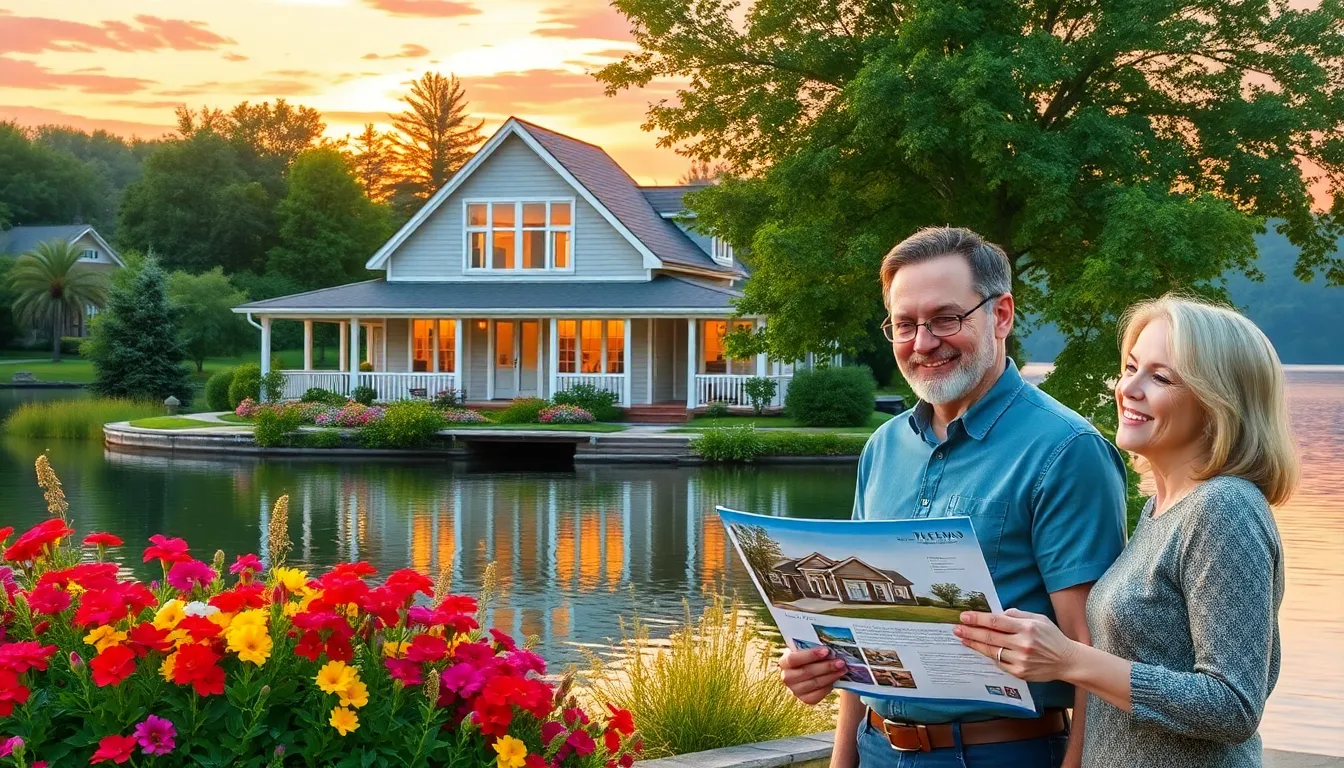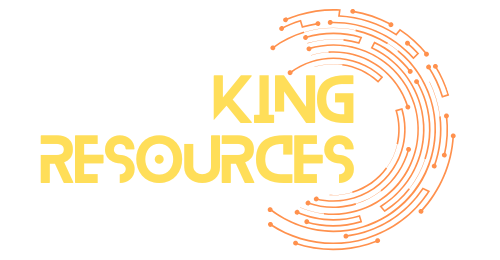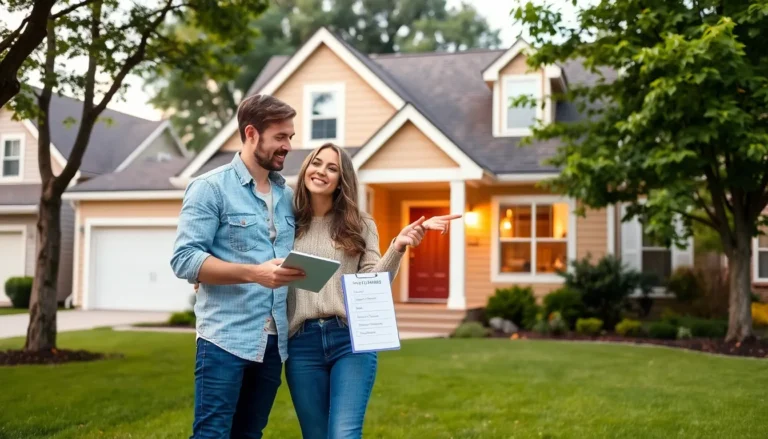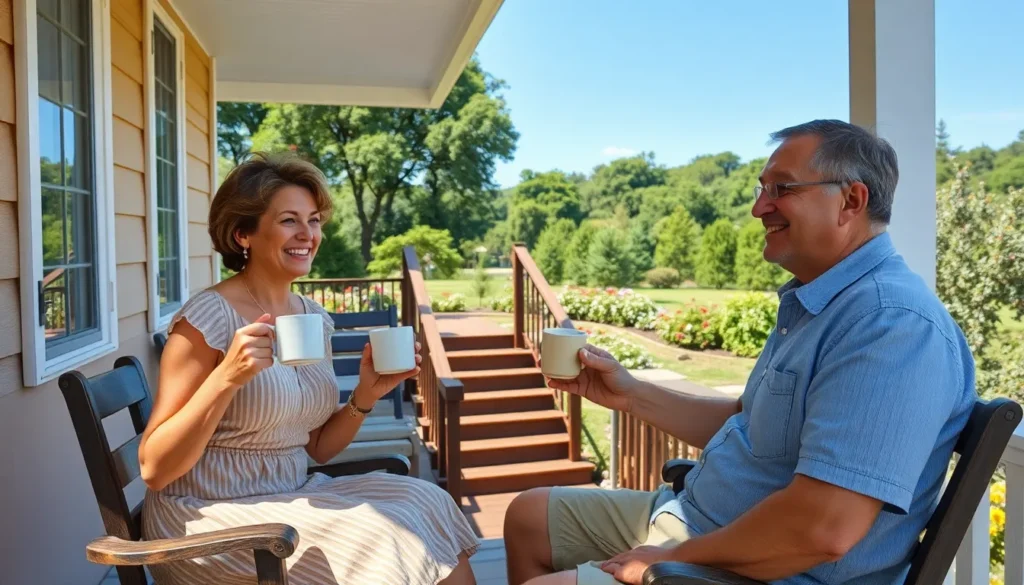Buying a second home isn’t just a dream; it’s a savvy investment that can bring joy and financial benefits. Imagine sipping coffee on your private balcony while the waves crash nearby or escaping to the mountains for a weekend of skiing. Sounds tempting, right? But before diving headfirst into the real estate pool, it’s essential to know the ins and outs of this exciting journey.
Table of Contents
ToggleBenefits Of Purchasing A Second Home
Purchasing a second home offers numerous advantages that cater to both financial and personal needs. Many find it a rewarding investment and a source of joy.
Investment Opportunities
Owning a second home creates diverse investment opportunities. Rental income provides a steady cash flow, especially in sought-after locations. Tax benefits include potential deductions on mortgage interest and property taxes, increasing overall returns. Property appreciates in value over time, often yielding significant long-term profits. Real estate can act as a hedge against inflation, maintaining its value while traditional currencies fluctuate. Overall, a second home remains an asset that can enhance one’s investment portfolio.
Personal Use Advantages
A second home serves as a personal retreat, offering a getaway from daily routines. Family and friends can gather for memorable vacations, enjoying activities like hiking, skiing, or beach outings. Ownership allows customization, ensuring it fits personal preferences and comfort. Accessibility to recreational activities enhances lifestyle quality, creating unforgettable experiences. Shared moments in a second home strengthen relationships, providing lasting memories cherished for years. This property can also serve as a legacy, benefiting future generations.
Factors To Consider


Purchasing a second home involves careful consideration of various key factors that influence the experience and investment potential. Location and financing are critical components in ensuring a rewarding second home purchase.
Location Selection
Selecting the ideal location for a second home requires thoughtful evaluation. Proximity to desired activities, accessible amenities, and overall appeal plays a significant role in this choice. Regions with strong rental demand often provide lucrative investment opportunities. Weather conditions can influence enjoyment, especially for vacation properties. Understanding local market trends allows buyers to assess potential property value increases. Neighborhood safety and community features also contribute to the decision-making process. Each of these elements shapes the overall satisfaction with the property.
Budgeting And Financing
Establishing a budget is essential for a successful second home purchase. Buyers must consider upfront costs, including down payments, closing costs, and taxes. Monthly expenses such as mortgage payments, property maintenance, and insurance add to the overall financial picture. Exploring financing options is vital; lenders may offer various loan types depending on the buyer’s financial health. Analyzing potential rental income can offset expenses and improve cash flow. Creating a comprehensive budget ensures financial stability and supports long-term investment strategies.
The Buying Process
Understanding the buying process is essential in securing a second home. Buyers should navigate various steps to get the most suitable property.
Finding The Right Property
Researching neighborhoods is crucial. Prospective buyers often seek locations that align with personal preferences for activities and amenities. Evaluating local market trends helps identify properties with potential for appreciation. Visiting multiple properties provides a clearer picture of what’s available. Engaging a real estate agent familiar with desired areas can facilitate access to listings and insights. Prioritizing personal needs ensures that buyers select properties that meet their lifestyle requirements.
Negotiating The Purchase
Negotiating effectively can significantly impact the final price. Setting a budget aids in establishing a top offer based on current market values. Understanding comparable sales strengthens the buyer’s position during negotiations. Presenting a compelling offer that reflects property value can attract seller interest. Utilizing contingencies like inspections or financing conditions can protect buyers. Buyers can discuss terms such as closing dates and included items to enhance their offer appeal. Remaining flexible in negotiations encourages a smoother transaction process.
Managing Your Second Home
Managing a second home requires attention to detail and a well-thought-out plan. Owners must consider maintenance and rental options to maximize enjoyment and profitability.
Maintenance Tips
Regular upkeep ensures the property remains in good condition. Schedule seasonal inspections to check for potential issues like roof leaks or plumbing concerns. Cleaning gutters and inspecting HVAC systems prevent future headaches. Landscaping also needs regular attention to maintain curb appeal. Investing in reliable local services can save time and effort. Documenting maintenance activities helps track expenses for tax deductions. Owners should create a checklist tailored to specific seasonal needs for easy management.
Renting Out Your Property
Renting out the property can generate additional income. Research local rental market rates to establish a competitive pricing strategy. Marketing should include high-quality photos and detailed descriptions to attract potential renters. Owners might consider utilizing short-term rental platforms for flexibility. Establishing clear rental agreements helps outline terms and conditions to avoid misunderstandings. Meeting local regulations and tax requirements remains essential for compliance. Setting up a reliable property management system can ease the burden of handling guest inquiries and maintenance requests.









